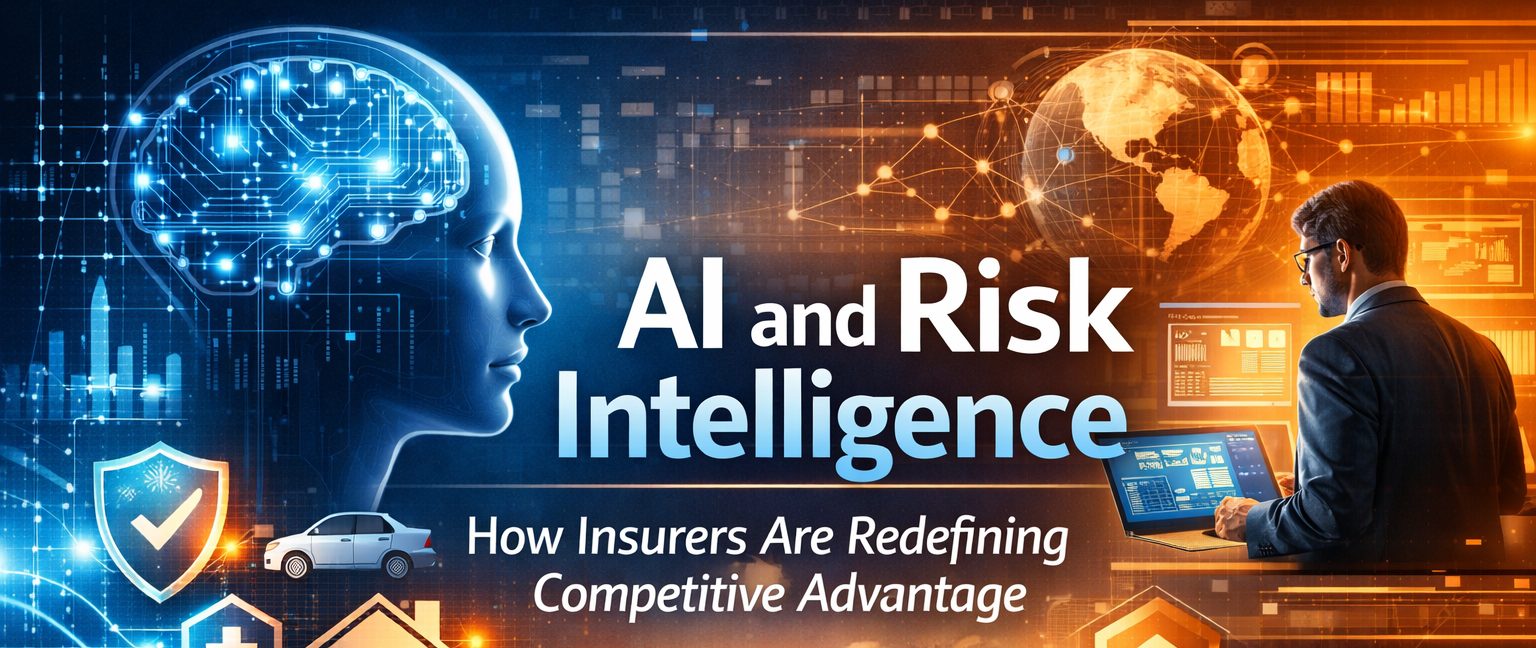Lead generation is the lifeblood of the events and conference industry. But not all leads are equal. In the events industry, this could mean scoring a lead based on their interaction with your event website, email campaigns, past attendance, or even their job title and company size. Some are ready to register and attend, while others are just browsing. The key to increasing conversions and maximizing ROI lies in effective lead scoring—a structured approach to ranking leads based on their likelihood to convert.
For event marketers, sales teams, and organizers, a data-backed lead scoring model ensures you’re focusing efforts on high-potential attendees, exhibitors, and sponsors while minimizing wasted outreach. This post will walk you through how to build a powerful lead scoring model tailored for the events industry, with real-world insights and actionable takeaways.
What is Lead Scoring?
Lead scoring is the process of assigning values to potential leads based on their behavior, engagement, and demographic data. In the context of events and conferences, lead scoring helps:
✅ Prioritize high-intent attendees for follow-ups
✅ Identify the most promising exhibitors and sponsors
✅ Personalize outreach based on engagement signals
✅ Optimize marketing and sales efforts for higher conversions
Example: A prospect who downloads an exhibitor prospectus, attends a webinar, and visits your pricing page is far more valuable than someone who just liked a LinkedIn post. A lead scoring model quantifies this difference, ensuring sales teams focus on leads who matter most.
How to Build a Data-Backed Lead Scoring Model for Events
1. Define Your Ideal Lead Profile
Before assigning scores, clearly define what a high-quality lead looks like. This varies based on your event type:
- For attendees: C-suite executives, decision-makers, or professionals from target industries.
- For exhibitors/sponsors: Companies with previous sponsorship history, larger budgets, or interest in specific event themes.
For example:
- Demographics: Job title (e.g., CMO, Event Manager), company size, industry.
- Behavioral Data: Past event attendance, email engagement, website visits, content downloads.
- Firmographics: Budget size, sponsorship history, geographic location.
Example: If you’re organizing a SaaS conference, a VP of Marketing at a $50M+ company who previously attended similar events is a high-value lead.
Data Sources to Use:
✔️ CRM Data (Past attendees, repeat sponsors)
✔️ Registration Forms (Industry, job title, company size)
✔️ Social & Website Activity (Engagement, session time)
2. Assign Scores Based on Behavioral & Intent Signals
Not all engagements carry the same weight. Identify high-intent actions and assign scores accordingly.
Lead Activity | Engagement Score |
| Downloads event agenda | +10 |
| Registers for an event webinar | +15 |
| Visits pricing/sponsorship page multiple times | +20 |
| Engages with event emails (opens, clicks) | +5 |
| Shares event on LinkedIn | +10 |
| Attends an in-person pre-event meetup | +25 |
| Requests a meeting with the sales team | +30 |
🔹 Pro Tip: Weigh high-intent actions more heavily. A casual website visit is not as valuable as a direct sponsorship inquiry.
Real-World Example:
A major tech conference found that leads who attended at least two pre-event webinars and engaged with exhibitor case studies were 3x more likely to convert into paying attendees. By scoring and prioritizing these leads, their conversion rate increased by 27%.
3. Incorporate Negative Scoring to Filter Out Weak Leads
Not every lead is a good fit. Use negative scoring to deprioritize irrelevant prospects.
Behavior | Negative Score |
| Unsubscribes from emails | -30 |
| Bounces from the website within 5 seconds | -10 |
| Fake or incomplete registration details | -50 |
| No engagement after multiple touchpoints | -20 |
📌 Why It Matters: This prevents sales and marketing teams from chasing dead leads and keeps the pipeline clean.
4. Set a Threshold for Sales-Qualified Leads (SQLs)
Once you’ve assigned scores, establish a cutoff score for when a lead is ready for direct outreach.
✔️ For Attendees: A score of 50+ might indicate high intent and warrant a personal email.
✔️ For Sponsors/Exhibitors: A score of 80+ (due to stronger buying signals) might mean an immediate sales call.
Example:
At a B2B finance summit, leads who downloaded the agenda (+10), attended a webinar (+15), and visited the pricing page twice (+20) were assigned a score of 45. Leads scoring 50+ were prioritized for VIP outreach, leading to a 22% increase in early registrations.
5. Automate & Continuously Optimize the Model
A lead scoring model isn’t static—it should evolve based on data. Use automation tools (HubSpot, Marketo, Pardot, or custom-built AI solutions) to:
✅ Automatically update scores as leads engage
✅ Sync with CRM & email marketing tools for personalized outreach
✅ Analyze performance and refine the scoring weights over time
Case Study:
A global cybersecurity conference used AI-powered lead scoring to adjust scores dynamically. They noticed that leads who engaged with event networking features had a 40% higher attendance rate and adjusted their model accordingly.
Key Takeaways for Event Marketers
🔹 Prioritize high-intent actions—not all engagements are equal.
🔹 Score leads dynamically using behavioral and demographic data.
🔹 Filter out weak leads with negative scoring.
🔹 Set clear SQL thresholds for timely follow-ups.
🔹 Continuously optimize your model based on real data.
Maximize Conversions with Cognition’s Custom Lead Gen Solutions
Building a data-backed lead scoring model is just the start. To drive better conversions and sales for your events, you need advanced analytics, automation, and hyper-targeted lead gen strategies.
🚀 Cognition offers Analytics-driven lead generation and qualification, lead scoring and marketing solutions tailored for the events & conference industry.
🔗 Get a free consultation today!






 Hi, This is Emma. Let’s get the conversation started!
Hi, This is Emma. Let’s get the conversation started!